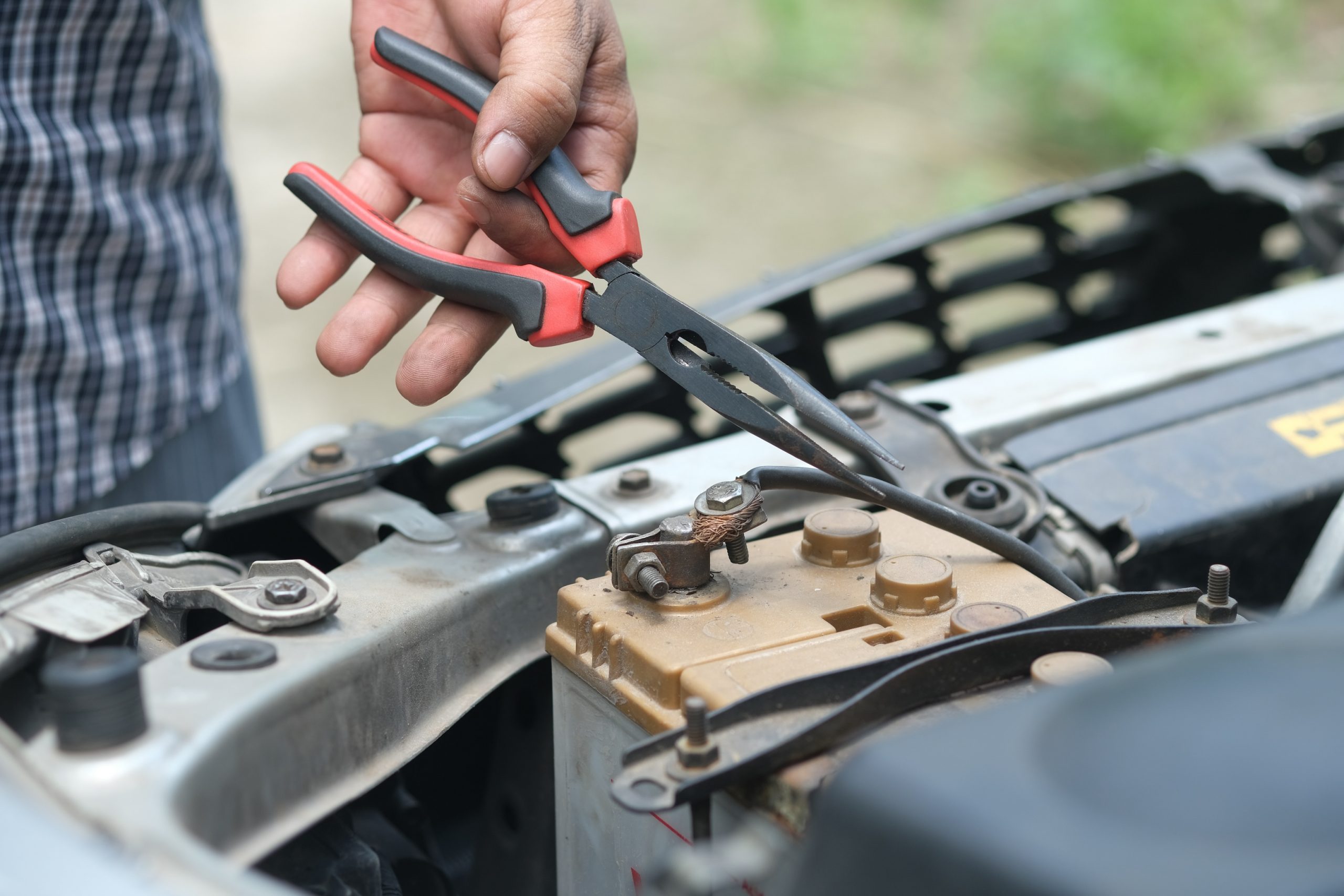

The electrical system of a vehicle is a complex network of components that work together to power the vehicle and its various functions. This system is crucial for the operation of the vehicle, from starting the engine to powering the headlights. In this month’s blog post, we delve into the key components that make up this system and the common issues you may experience when there are electrical system failures.
Your vehicle’s electrical system is designed to create, hold, and provide electrical current to the various electrical devices in the vehicle. The primary components of your electrical system include the following:
- Magneto: This is an electrical generator that uses permanent magnets to produce periodic pulses of alternating current.
- Generator: This is a device that converts mechanical energy into electrical energy.
- Alternator: This is a type of electric generator that converts mechanical energy into alternating electrical energy.
- Cut Out/Voltage Regulator: This device regulates the voltage in the electrical system, ensuring that all components receive the correct amount of electricity.
- Battery: This is the power source for the vehicle’s electrical system.
Common Issues
Owning a vehicle comes with its own set of challenges, one of which is dealing with electrical issues. These issues can range from minor inconveniences to major faults that can affect the vehicle’s performance. Here are some common electrical issues, their signs, and how they are addressed.
Dead Battery
The most common electrical problem is a dead battery. Signs include the engine not starting, dim lights, and the need for frequent jump-starts. This issue is usually addressed by replacing the battery.
Alternator Problems
The alternator charges the battery and powers the electrical system while your vehicle is running. Signs of a failing alternator include dim or flickering headlights, a weak battery, or the “ALT” or “GEN” warning light on the dashboard. A faulty alternator is typically replaced.
Starter Motor Failure
The starter motor initiates the engine’s operation. If it fails, you might hear a clicking noise when trying to start the car, or it may not start at all. In such cases, the starter motor usually needs to be replaced.
Blown Fuses
Fuses protect the car’s electrical circuits. If an electrical component stops working it could be due to a blown fuse. Replacing the fuse can solve this problem.
Faulty Spark Plugs
Spark plugs ignite the gasoline in the combustion chamber. If the plugs are faulty, you might experience frequent misfires of the engine, poor fuel economy, or trouble starting your car. Replacing old or faulty spark plugs can rectify these issues.
Maintenance Tips for Electrical Systems
Regular maintenance can help prevent these common electrical problems:
- Regular Battery Checks: Check your battery regularly for any signs of corrosion or loose connections.
- Regular Servicing: Regular servicing can help identify potential issues before they become major problems.
- Check Your Lights: Regularly check all your lights (headlights, taillights, indicators) to ensure they are functioning correctly.
- Inspect Fuses and Wiring: Regularly inspect fuses and wiring for any signs of damage or wear.
- Avoid Overloading Electrical Systems: Avoid using too many devices at once as it can overload your car’s electrical system.
Remember, if you’re unsure about any aspect of your vehicle’s electrical system, it’s always best to consult with a service professional. Contact the service professionals at Colonial Service Station to schedule an appointment for an inspection and/or repairs.
